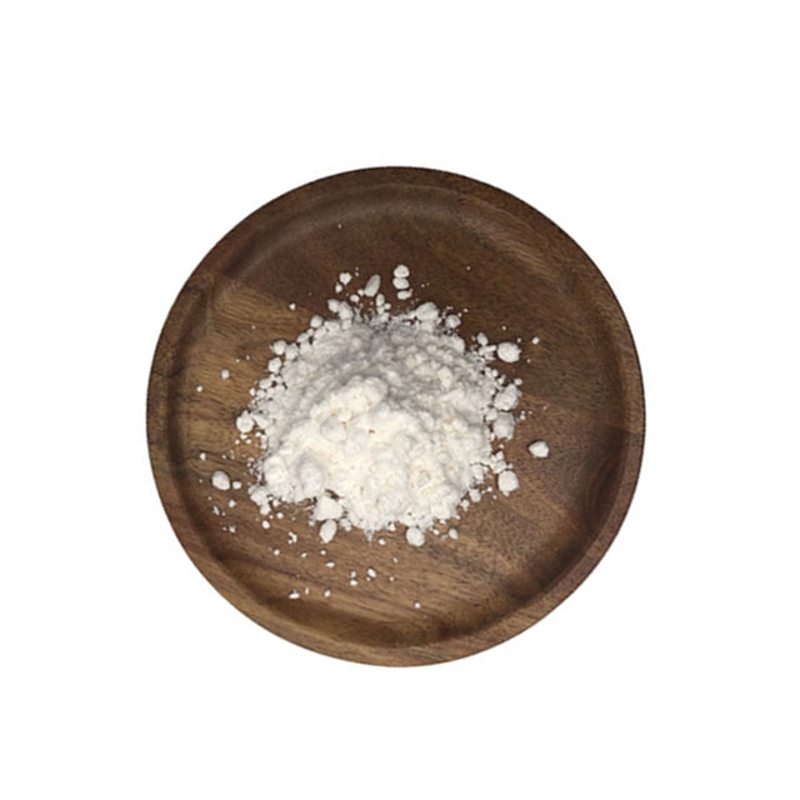-
Categories
-
Pharmaceutical Intermediates
-
Active Pharmaceutical Ingredients
-
Food Additives
- Industrial Coatings
- Agrochemicals
- Dyes and Pigments
- Surfactant
- Flavors and Fragrances
- Chemical Reagents
- Catalyst and Auxiliary
- Natural Products
- Inorganic Chemistry
-
Organic Chemistry
-
Biochemical Engineering
- Analytical Chemistry
- Cosmetic Ingredient
-
Pharmaceutical Intermediates
Promotion
ECHEMI Mall
Wholesale
Weekly Price
Exhibition
News
-
Trade Service
February 15, 2021 // -- As the deadliest form of DNA damage, double-stranded fractures of DNA must be repaired to prevent cell death; Scientists aim to identify new ways to block cancer cells' ability to repair DNA ruptures, and a new study has demonstrated a previously unknown ability of polymerase thetheta to repair functions, which may potentially help develop new treatments for a variety of diseases, including cancer.
a recent study published in the international journal Molecular Cell, scientists from the University of Vermont and other institutions found that the polymerase pol theta, which had previously been known to extend DNA during repair, also works like nucleases and trims DNA.
cancer cells were able to rely on the pol theta path path, to survive and repair double-stranded breakage, for this study, the researchers focused on the polymerase and explained how to suppress the key signaling path pathps it mediated.
picture source: S. 'The polymerase pol theta is a "hot spot" enzyme, and we describe a new activity that may help develop new therapeutic options for patients with refractive cancer, such as the use of PARP inhibitors to treat breast and ovarian cancer,' said Dr. Sylvie Typié, a researcher at University of Vermont.
cells have to decide which function to use, and this fine-tuning activity is a weakness of the polymerase pol theta.
potential effect of this inhibitor is to improve the effectiveness of ionization radiation therapy in cancer patients with BRCA1 or BRCA2 mutations.
wood, a researcher at the University of California, said it was an unexpected study that found the significance of biochemistry and revealed a new way to inhibit dna repair processes regulated by polymerase pol theta.
will continue to delve into the molecular mechanisms by which pol theta works, developing more new treatments for cancer.
() Original source: Karl E. Zahn Ryan B. Jensen, Richard D. Wood, et al. Human DNA polymerase θ harbors DNA end-trimming activity critical for DNA repair, Molecular Cell (2021) doi:10.1016/j.molcel.2021.01.021







